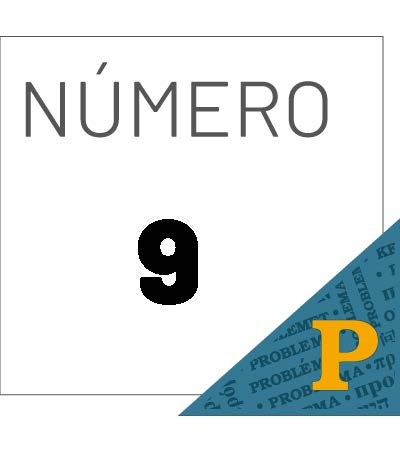Human rights as political trumps in constitutional states. The dilemma between liberal and communitarian democracy in Ronald Dworkin
In Dworkin’s theory, legal reasoning depends upon moral reasoning due to moral principles that play an important role in hard cases. According to professor Calsamiglia, Dworkin elaborates a third theory of law, alongside natural law and legal positivism. I disagree, Dworkin’s theory is a moderate version of natural law theory, a progressive and critical version of it that defends the notion of certain shared values, something of utmost importance in today’s society. I will claim that this aspect of Dworkin’s theory is one of the most salient in his work, a recognition of shared values and principles in political and legal decisions.
Resumen:
En la visión iusfilosófica de Dworkin constatamos que el razonamiento jurídico depende en gran medida del razonamiento moral, en el sentido en que los principios morales juegan un papel importante y decisivo en el razonamiento jurídico, especialmente en los casos difíciles. Según el profesor Calsamiglia, el filósofo norteamericano intenta construir una tercera vía entre el iusnaturalismo e iuspositivismo. En mi opinión, considero que no se trata de una tercera vía, sino en la recuperación y restauración de un iusnaturalismo moderado, crítico y progresista que trata de defender una serie de valores compartidos. La necesidad de aceptar y respetar esos valores es imperiosa y urgente en nuestra actual sociedad. Sin duda, éste es uno de los aspectos más positivos y relevante de la teoría de Dworkin, el reconocer y otorgar un papel predominante dentro de la teoría políticos en las decisiones políticas y jurídicas.
Article Details
Use of Creative Commons (CC) licences
All texts published by Problema. Anuario de Filosofía y Teoría del Derecho, without exception, are distributed under the CC-BY-NC-ND 4.0 International licence, which allows third parties to use what is published, as long as they mention the authorship of the work and the first publication in this Anuario.
Accessibility to articles and other publications in whole or in part under the concept of copying, distribution, public communication, interactive access (via the Internet or other means), while explicitly acknowledging the author(s) and the journal itself (acknowledgement of authorship).
Please note that if articles are remixed, modified or fragments are used in other creations, the modified material may not be distributed, nor may versions be reconstructed from the original published articles (derivative works).
The use of the contents of the published articles, in whole or in part, for profit-making purposes (non-commercial acknowledgement) is prohibited.


























